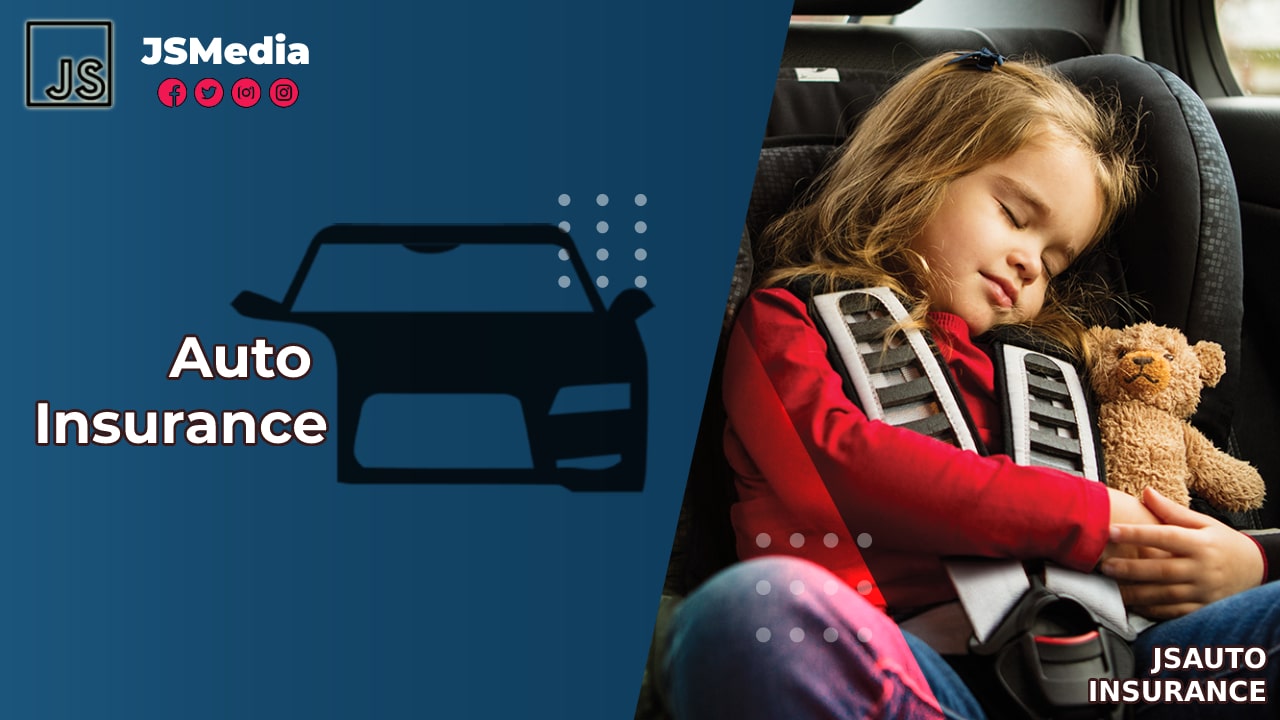JSMedia – In Indiana, insurance companies use your credit score to set your rates. Despite the fact that most drivers don’t realize the connection between credit and driving ability, there is a clear relationship. If you have poor credit, you’ll pay more than someone with good credit. Likewise, if you have excellent or good credits, you’ll pay less than someone with poor or average credit. In Indiana, drivers with high credit scores can get better deals and finance a higher-priced vehicle. In addition, you may qualify for discounts for multiple lines, good mileage, student driver, and multi-line coverage. Regardless of your credit score, you should always choose to obtain adequate coverage for your car and yourself.
Uninsured and underinsured motorist coverage is mandatory in Indiana. Though you’re not required to have this coverage, you must request it from your insurance company if they offer it. It’s not mandatory, but many insurance experts recommend it. It protects you financially in the event of a collision with an uninsured motorist. Also, if you’re a passenger in an automobile accident, you can file a claim against that driver on your policy.
The cost of auto insurance in Indiana depends on the type of coverage you need. In Indiana, liability insurance is required and pays for damages caused by another driver. Comprehensive and collision coverages are optional, and you might not need them if your car is old. If you drive less than 1,000 miles a year, you can opt for usage-based insurance instead. If you’re a high-mileage driver, it may be better to opt for lower coverage limits.
How Your Credit Score Affects Your Auto Insurance Rates
If you’re driving an expensive vehicle, you can also opt for a non-owners insurance policy. These policies protect other people in case they are in an accident. You can even take out a policy for an employee’s car. This can be a great way to save on car insurance. And if you don’t own a car, you’ll be covered for any medical bills if they get hurt.
If you have a poor credit score, you’ll pay more than average for auto insurance in Indiana. If you have an accident or speeding ticket, you’ll have to pay more than average. If you’ve been in a car accident recently, your insurance premiums could increase by 67 percent. You can avoid paying a lot of money by comparing car insurance indiana. If you have a clean driving history, you can opt for an inexpensive insurance plan with the lowest deductibles.
While you might think you don’t need to get an insurance policy with the lowest price, it is important to keep the minimums low. In some states, the state requires that you carry the minimum amount of coverage that your insurance company will pay. Depending on your state laws, this limit can easily reach an upper limit, making it more expensive. However, it is advisable to purchase a comprehensive car insurance policy to avoid a risky situation.
In Indiana, comprehensive auto insurance is required. Although you can reject the minimum liability coverage, it is advisable to get a comprehensive policy. It is better to be safe than sorry. If you are involved in a car accident, you don’t want to pay a large amount to cover your expenses. You should choose an adequate plan with the minimum coverage required by Indiana law. In case you’re at fault in an accident, your policy will protect your assets.
While you can save money by switching carriers in Indiana, you should also make sure to review your driving history. A driver with bad credit will need to pay a higher premium. While a driver with good credit can reduce their rate, those with bad credit should have their policy reviewed regularly. The minimum coverage in Indiana is usually only $725. It is advisable to carry both comprehensive and collision insurance to avoid getting into trouble with your lender.
If you have a DUI, you should not forget about the minimum coverage required by Indiana. The state requires all drivers to carry uninsured motorist insurance. If you’re the victim of an accident, you can claim damages from the other driver’s policy. This coverage also includes liability and medical expenses. This coverage will protect you from damages and expenses caused by the negligent driver. If the other driver has no insurance, he will cover your losses.

